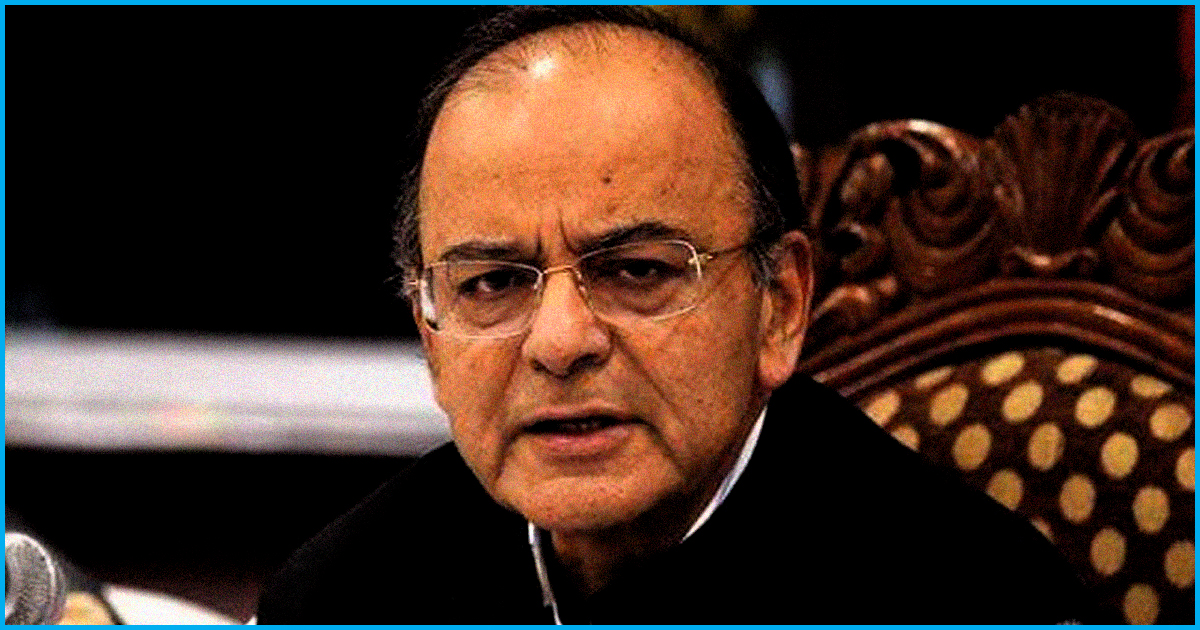On December 18, the Center notified the Election Commision in Rajya Sabha that it is yet to receive “any concerns from Election Commission on the issue of Electoral Bearer Bonds”. Notably, the Election Commission had written to the law ministry in May 2017 raising concerns over electoral bonds, as per documents accessed through Right to Information Act, as reported by The Telegraph.
P. Radhakrishnan, the junior finance minister, pleaded ignorance to any such letter from EC. While replying to a question on electoral bonds purchased said that by November 2018 electoral bonds worth Rs 1,056.73 cr had been bought. Of these, around Rs 1,045.53 cr had been converted into money by various political parties. He, however, did not give the breakup of party-wise encashment of money received, as asked for.
This answer was hard to engulf by various activists. They felt the answer was misleading. Commodore (Retd.) Lokesh K. Batra has accumulated details of communications that took place between the Centre and Election Commission. Information received by Batra unveiled that the Ministry of Law and Justice issued an office memorandum marked to the Department of Economic affairs pointing the issues raised by the EC.
EC wrote a letter to Law Ministry last May
The Election Commision pointed concerns about electoral bonds. The then Election Commision director Vikram Batra wrote a letter to a secretary of the law ministry on May 26 last year. Vihar Durve, who filed an RTI application regarding the Electoral Bonds received details of the letter in response.
Modi led government in 2017 Budget proposed a four-point action plan to “cleanse the system of funding of political parties”. To this the EC reacted and said that that there are certain amendments to the Income Tax Act, Companies Act, 2013, and the Representation of the People Act, 1951 is expected to have a severe effect on the transparency aspect of political finance and funding of political parties.
About the amendment in the Representation of People Act 1951, EC said that taking out donation received by any party from the ambit of reporting was a retrograde step as far as transparency was concerned.
Speaking about the amendments made to the Companies Act, 2013 said that the proposed amendments might pave a way to create shell companies to make political donations. The EC further mentioned that the giving permit to firms not to add political contributions in their profit and loss statement will tarnish the transparency.
EC, reportedly also pointed out that the amendments in the Section 13A of Income Tax Act, 1961, of putting a cap of Rs 2,000 on anonymous donation has not been reflected in the Representation of People Act. It is necessary so as to bring both the acts in consonance with each other, as reported by Economic Times.
Objecting against the electoral bonds CPM has gone to court. Sitaram Yechury, the general secretary of the party, has mentioned that it will be impossible to establish the money trail of corruption in government.
Financial Sector Reforms and Legislation Division flanked with EC’s view
On the other hand, the finance ministry has ignored the concerns raised by the EC. However, the law ministry has supported the EC and said that the concerns were genuine. The Financial Sector Reforms and Legislation Division of the Ministry of Finance accepted that the new laws were “retrograde” and should be written again.
What Are Electoral Bonds?
Introduced in the Finance Minister’s budget speech this year as part of a Money Bill, Electoral Bonds upped the ante on campaign finance by eliminating the cap on political donations. Previously, companies were barred from donating more than 7.5% of their average net profit to a political party.
The change brought about by amending the Companies Act, 2013 also removes the requirement that made it mandatory for a company to disclose the name of the party to which the donation has been made.
Electoral Bond was introduced by amending the Reserve Bank of India Act, allowing the RBI to sell the bonds through notified banks for specific denominations. Anyone who wishes to make a donation to their preferred party can buy these bonds by making payments digitally or through a cheque. Once bought, it can be gifted to a registered political party as bearer bonds.
Bearer bonds are different from the more common types of investment securities due to the absence of principal and interest and the veil of anonymity they carry within themselves. No records are kept of the owner or the transactions involving ownership. Anyone who physically holds the mere paper owns the instrument.
A political party can convert these bonds back into money via their bank accounts. The bank account must be the one notified to the EC and the bonds must be redeemed within a specified time period.
A donor needn’t reveal his identity and the political party wouldn’t be required by law to ask questions.
Under Section 13A of the Income Tax (IT) Act, political parties enjoy 100% tax exemption from all sources of income.
Also Read: Electoral Bonds Introduced To “Protect” Donors Of Political Parties: A New Source Of Black Money











